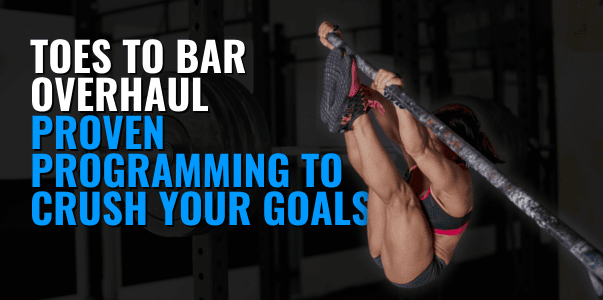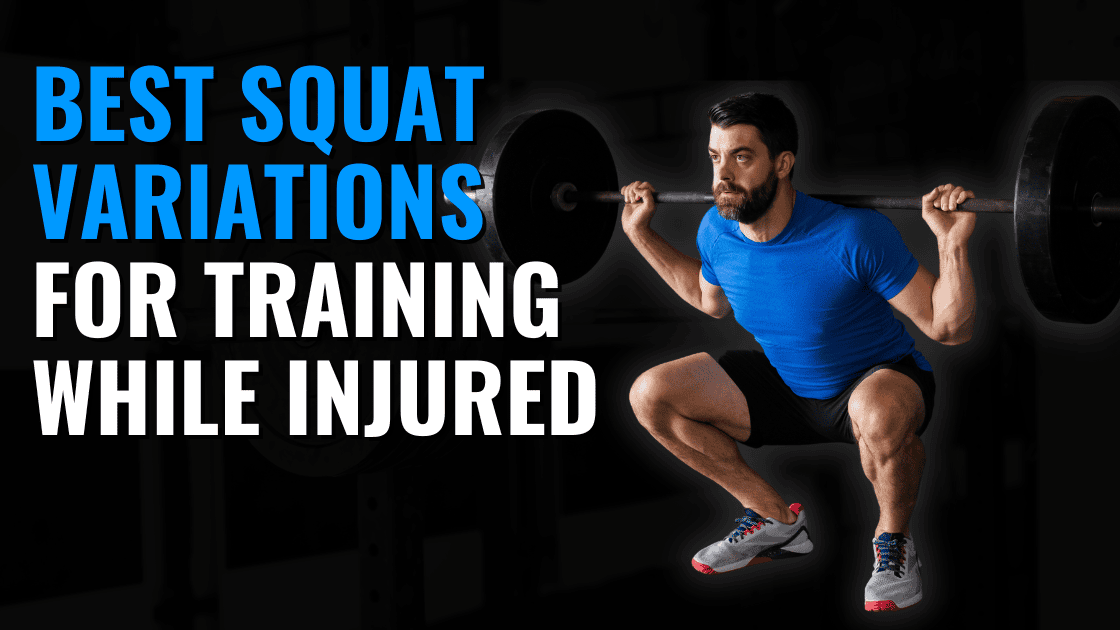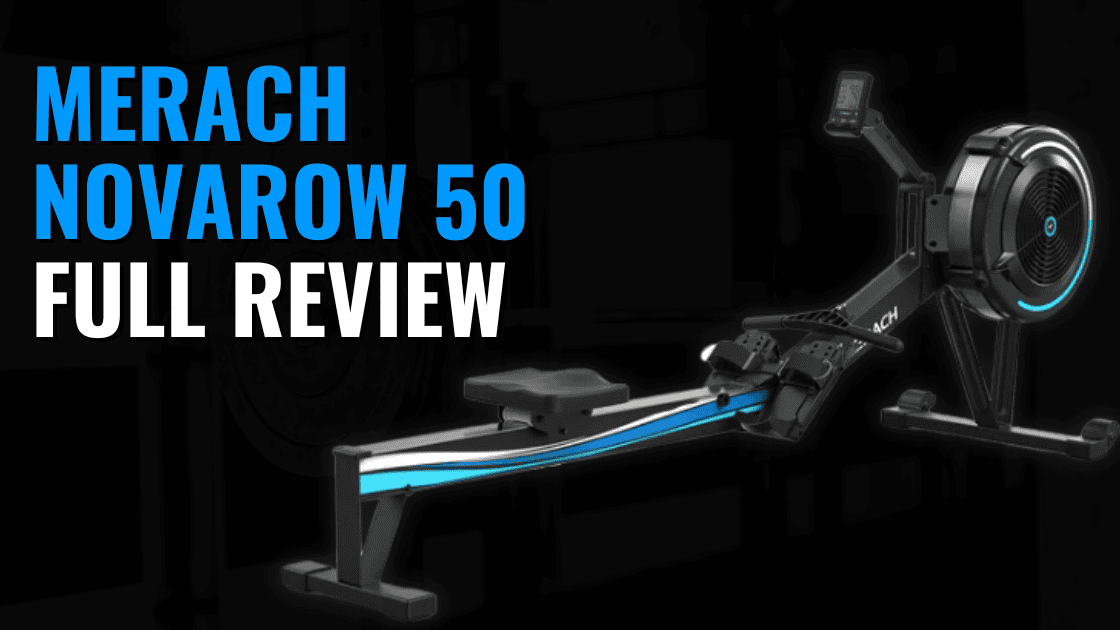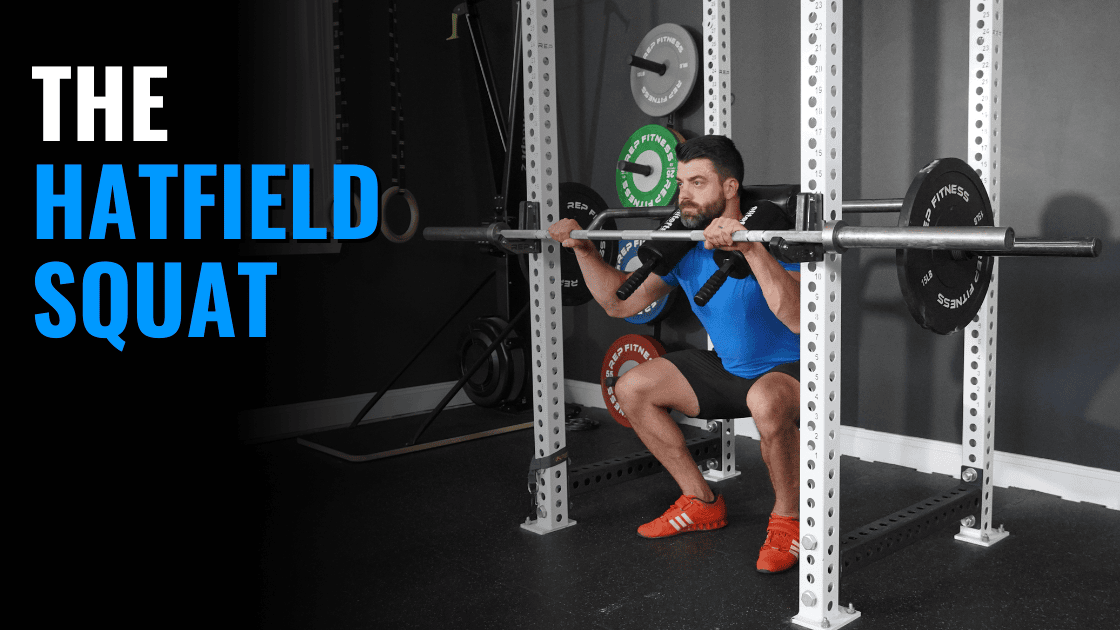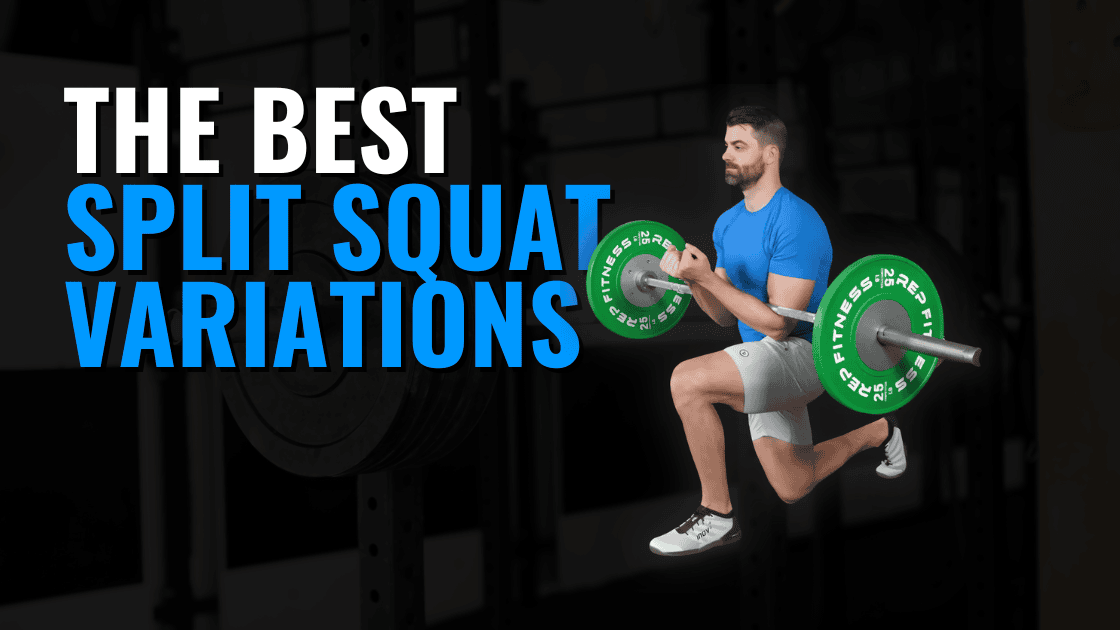The toes to bar can be one of the more frustrating skills for fitness athletes to develop. This movement requires a combination of strength, coordination, and mobility. Lacking in any one of these areas makes performing the toes to bar much more difficult and will either prevent an athlete from being able to do a full T2B or rob them of energy during Metcons.
Use this article as a guide for understanding where you need to focus your T2B practice. As you address your specific needs you should see dramatic improvements in technique and efficiency in your toes to bars!
Hundreds of athletes have seen rapid improvement in their Toes to Bar performance following our T2B plan in Performance Plus Programming. If you are ready to finally master this movement, join us today!
THE TOP REASONS YOU STRUGGLE WITH TOES TO BARS!
Not enough lat strength in the kip.
Why is Lat Strength important? The lats and shoulder muscles are the main “movers” or controllers in the kipping portion of this skill. If you do not have enough strength and just rely on your momentum you will end up under or in front of the rig during the top of the toes to bar, which will then give you a pendulum swing instead of a controlled “beat swing.” This is why many athletes have difficulty stringing the kipping toes to bar together.
Here’s a great way to test your lat strength for the T2B:
View this post on Instagram
The athlete does not compress into a hollow when toes rise.
The hollow position is one of the most important positions in gymnastics skills. It creates a body position that allows the athlete to create more tension that translates into more power during gymnastics skills.
As the athlete moves into a hollow body position, the entire spine flexes and the pelvis tucks under the body. Both of these movements position the hips closer to the bar and put the hips at an angle that will make it easier to kick up and reach the bar. The posterior tilt of the pelvis also puts the hamstrings in a less tightened position so that the flexibility of the posterior chain limits T2B performance less.
Dive deeper into the hollow body position in this video that outlines what perfect form should
Hip flexors need more strength.
In order to rep out one or many reps in a toes to bar, the athlete will need strength in the hip flexor region to hinge the legs into the proper position. The hip flexors will pull the thigh towards the chest which in the T2B will bring the feet to the bar as the athlete also moves into the hollow tuck position.
Most commonly we see weakness of the hip flexors in a shortened position limiting T2B performance. The following test will let you know if you have issues with the hip flexors.
For many athletes struggling here, we recommend the Tink tool to help build technique and strength.
Lacking flexibility in the hamstrings.
It is no secret that many athletes have tight hamstrings. Why is this an issue with toes to bar? Flexibility, in general, makes movement much easier. If you have tight hamstrings, which flex the knee joint, it will make compression at the top of the t2b more difficult.
To assess hamstring flexibility, the athlete should lie supine with both legs straight. A coach or training partner should then raise one leg up, while maintaining full knee extension until the athlete feels tension in the posterior thigh. An athlete will good flexibility should have an 80+ degree angle of their thigh at the stretching point. This athlete has an 80-90 degree angle of her thigh relative to the ground indicating good flexibility of the hamstring muscles. Note the hand placement of the tester, maintaining the knee in full extension.
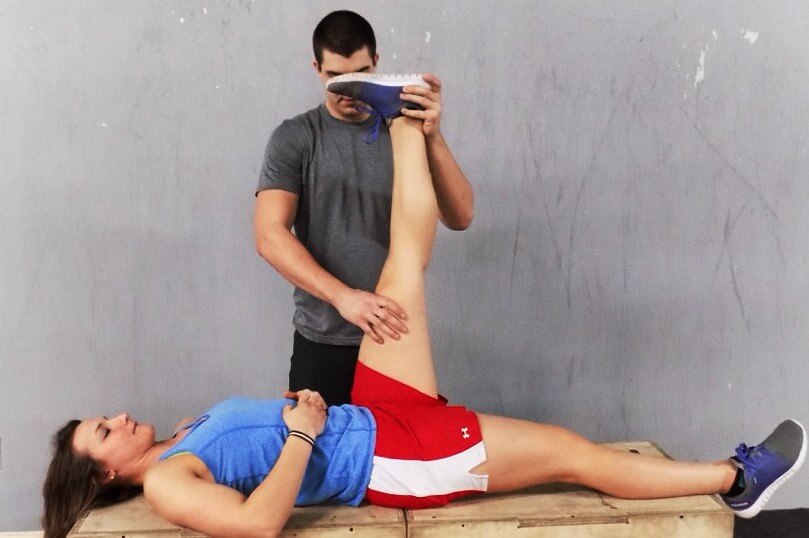
This athlete has an 80-90 degree angle of her thigh relative to the ground indicating good flexibility of the hamstring muscles. Note the hand placement of the tester, maintaining the knee in full extension.
Lacking coordination/timing of skill
Let’s face it, if you’re not coordinated things are just more difficult. What does coordination really mean when it comes to toes to bar? First, coordination can apply to body awareness. Are you aware of what your body position is, are you able to create the shape necessary to move your body through space, and do you understand how to create tension while moving your body in various positions. If you lack coordination, it will also affect the timing of certain movements within a skill. The sequence of events in the skill is important. If you start compression too early or too late, the cadence of your swing will be off. If you don’t speed up the kick at the top of the TTB and try to return to start position too early, this too will affect your next rep.
HERE ARE FIVE DRILLS YOU SHOULD BE DOING TO HELP YOUR T2B!
Once you’ve identified the specific problems limiting your performance of toes to bars you can begin to gameplan how to address your weaknesses and bust through your plateaus. Then you’ll be a TTB master!
T2B Drill #1: Arch/Hollow Kipping Drill
This will help you build a better technique for the kip in the toes to bar. The focus is on pressing down on the bar as you pull ribs down and tuck pelvis under into a hollow body position.
Try 4 sets x 20 reps (slow & controlled to feel the movement)
Alternate work/rest with a partner or rest 30sec between sets
Drill #2: Alternating Leg Toes To Bar
If you want to fire up those quads and hip flexors this strict single-leg leg raise is ideal! You may not get close to touching the toe to the bar, but what you should focus on is pulling down on the rig to control any swing and keeping the leg straight and toe extended to build strength and flexibility.
Try 3 max effort sets with a 45-sec rest between each set.
(Yes, you may cramp in the quads…take a break if you do and return but raise leg a tad lower!)
Drill #3: Toes to Bar on the Rings
This is a great drill to help work on the cadence
& timing of the kip. While it is easier on rings, it’s
a great tool to use to get comfortable with a tight arch & hollow while pressing down on rings with palms and lats. The key to success is not to force the momentum, but follow along with the swing.
TRY 20-15-10-5 Toes to Rings work/double rest
(if it takes you 30 sec to finish round 1, rest 60 sec before round 2, etc…)
Drill #4: Stralder T2B
If you have a rig that you can use the post against your back, this is how you can do this drill. Or see if you can find a gym with “Stalder Bars.” If you didn’t think you could work Lats, Core, Hip Flexors and Quads all at the same time, you thought wrong! Here is the ultimate in toes to bar training.
TRY 4 sets x 3 reps
Regular pace on the way up & 5 count concentric (lowering) of legs
Can be done in L position or Tuck if you need to scale
T2B Drill #5: Hamstring Stretching
If you have tight hips & not very “bendy” anything related to gymnastics is just more difficult! So get bendier and start working towards easier toes to bar. This article outlines some of the best movements you can be doing to improve your hamstring mobility.
Does your toes-to-bar technique need more intensive work? Our Toes To Bar Overhaul program is your answer! Four weeks of programming, 4 days per week, lasting about ten minutes. This program works on your strength, coordination, and timing for a more efficient T2B.
Written by Pamela Gagon


